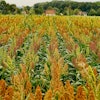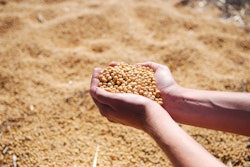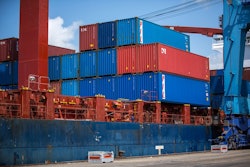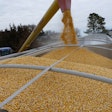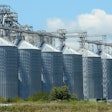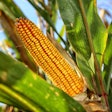
CHS Inc., a leading farmer-owned cooperative and a global energy, agronomy, grains and foods company, has reported net income of $248.8 million for the second quarter of fiscal 2019 and $596.3 million for the first six months of fiscal 2019.
"Our strong performance in the second quarter reflects our hard work at serving our owners and other customers better," says Jay Debertin, CHS president and chief executive officer. "We've refocused on serving our customers and improving our operations, and that has shown positive results in our financials for the first half of fiscal 2019. Our performance also reflects the benefit of a diverse platform across business units that serves our cooperative and farmer-owners."
Key financial highlights for the quarter ending Feb. 28, 2019, include:
- Consolidated revenues of $6.5 billion compared to $7.0 billion in the restated second quarter of fiscal year 2018
- Net income of $248.8 million compared to $166 million from the restated second quarter of fiscal year 2018
- Pretax income of $261.9 million compared to a loss of $21.7 million from the restated second quarter of fiscal 2018
- Favorable pricing for crude oil supplied to the CHS refinery business
- Higher earnings from the investments in CF Nitrogen and Ventura Foods
The Ag segment, which includes domestic and global grain marketing and crop nutrients, renewable fuels, local retail operations, and processing and food ingredients businesses, generated pretax income of $17.9 million in the first half of 2019, down from $21.6 million in the restated first half of fiscal 2018.
The $8.9 million decrease in Ag pretax earnings was driven by significant pressure on grain volume and margin due to slower movement of grain caused by price, weather, logistics and unresolved trade issues.
"The first six months of our fiscal year have returned overall good financial results," Debertin says. "But we face challenges, particularly in our Ag segment. These challenges of low commodity prices, trade difficulties and harsh winter weather impact all of agriculture, especially farmers. As we look to the rest of our fiscal year, we know there are factors such as the recent flooding we cannot control that will continue to affect agribusiness and those growing the food to feed the world."

